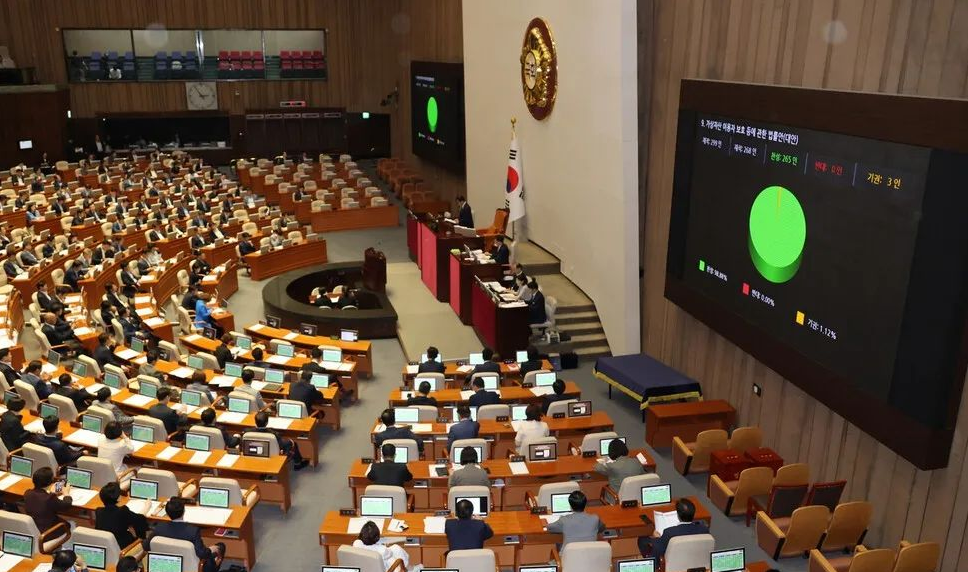HKEx's merger and acquisition of the Stock Exchange clearly entered the digital asset trading, impacting the existing pattern
On September 11, Hong Kong Exchanges and Clearing Limited (HKEx) announced that it had proposed to the board of directors of the London Stock Exchange Group plc (hereinafter referred to as the Stock Exchange) to merge the two companies. On the same day, the London Exchange responded at around 18:00, “The Board will consider the proposal and will issue an additional announcement.”
If this M&A event is successful, it will not only have an important impact on the current capital market dominated by securities and bonds, but also affect global digital asset transactions. Because the M&A documents mention transactions that will do digital assets. According to the planning of the Hong Kong Stock Exchange, it will be implemented in the next two or three years.
HKEx's blockchain ambition
At the same time that the Hong Kong Stock Exchange issued an offer, Li Xiaojia, the chief executive of the Hong Kong Stock Exchange, published a blog titled “A New Journey to Connect the World” to interpret the merger of the Hong Kong Stock Exchange and the Stock Exchange. Li Xiaojia said that the London Stock Exchange and the Hong Kong Stock Exchange are the financial infrastructures of the world's most important markets. If they are successfully combined, they will create a global layout, world-leading, covering three major time zones in Asia and Europe, and at the same time, the US dollar. Major currencies such as the Euro and the renminbi provide international financial trading services, and exchange groups with a market capitalization of more than US$70 billion are expected to provide market participants and investors around the world with an unprecedented global market connectivity platform that adapts to future market demands. .
It is worth noting that Li Xiaojia specifically mentioned the development of digital assets. Li Xiaojia believes that the strength of the London Stock Exchange and the Hong Kong Stock Exchange is highly compatible with the Strategic Plan 2019-2021 formulated by the Hong Kong Stock Exchange at the beginning of the year. It is a logical extension of the three major themes: based in China ( Grasping the international demand for RMB internationalization and RMB-denominated assets, and the huge demand for global allocation of Chinese enterprises and residents), connecting the world (extending the interconnected products and geographical scope), embracing technology (holding data assets, And advanced financial technology application). If this transaction is successful, it will certainly promote the realization of the HKEx’s strategic goal of “connecting the world”.
- China Telecom SIM card to kill cold, hot wallet, blockchain mobile phone still has no fire to cool?
- How to value a PoS project? "Three pool model" to understand
- Ethereum 2.0 development progress exceeded expectations, test network released soon
Li Xiaojia is an optimist of digital assets.
On March 31 this year, Li Xiaojia delivered a speech entitled "The Distance and Nearness of Data and Capital" at the 2019 China (Shenzhen) IT Leaders Summit. Li Xiaojia said that there will be new exchanges and new trading models in the 5G era. Blockchain, encryption technology, etc. will help large-scale transactions of data between different entities.
Li Xiaojia said that in the digital society, computing power is nuclear kinetic energy, which can fully support the development of 5G, and AI has advanced by leaps and bounds. In the 5G era, more and more data is becoming commodities and raw materials. Today's cloud computing is equivalent to the past energy. Today's transmission is the past transportation.
Li Xiaojia believes that the transmission of data needs to take into account the privacy, trade secrets, competitive interests and government regulatory requirements of all people. In the case of encryption, the right to use and trade data is shared and sold, rather than selling bare data.
Li Xiaojia made it clear that the use of blockchain technology can completely solve the data identification, pricing, deposit, credit and traceability. In particular, traceability, based on blockchain technology, allows data owners' interests to be returned to data owners after several years. After solving the data privacy and data silos and other series of underlying issues, Li Xiaojia believes that there will be new trading models in the 5G era, and new exchanges will emerge. Reshaping China's capital era in the 5G era from technological means, let China achieve a major transcendence.
In the "Strategic Planning 2019-2021" issued by the Hong Kong Stock Exchange in February, it is more clearly stated:
"In terms of using new technologies, we will gradually explore new technology applications including blockchain, cloud computing, etc. in a pilot-based manner. For example, we will apply blockchain technology in post-trade distribution of Shanghai and Shenzhen-Hong Kong Stock Connect."
The strategic plan also clarifies that big data (especially big data in medical research, consumption habits, etc.) has the potential to become a new asset class in financial markets. Through big data trading and sharing, humans can be faster and better. The technological revolution promotes social progress. This provides a new opportunity for the development of the exchange.
Strategic Planning 2019-2021 points out the operational confidence of the HKEx's blockchain:
“As a central market operator, the Hong Kong Stock Exchange has the inherent advantages of relying on the credibility, encryption and verification of big data by virtue of the regulatory agencies and the market. It is entirely possible to promote the history of the introduction of big data in the financial market. Process. Although it may not require a large financial investment in this area, launching a new market operation model will be full of challenges. The strategy is still in the early stage of exploration, but we are full of confidence in this direction."
Digital Asset Exchange
The Exchange has also in-depth research on the implementation of digital asset trading through blockchain technology.
As early as 2015, institutions including the Stock Exchange, London Clearing House, Societe Generale, CME Group, UBS and Euroclear jointly established a cross. Industry groups, exploring how blockchain technology can change the way of clearing and settlement of securities transactions. According to the information disclosed by The Wall Street Journal, they had met at least three times in the same year.
In July 2017, the Italian Stock Exchange, affiliated to the Stock Exchange Group, and IBM announced that they are building a blockchain solution to help digitalize the securities issuance process of European Small and Medium Enterprises (SMEs). The new system is designed to streamline the tracking and management of equity information and create a distributed shared registry of all shareholder transactions to help unlock new trading and investment opportunities.
In 2019, the application of the blockchain by the Stock Exchange accelerated. In February 2019, the exchange's parent company, the London Stock Exchange Group (LSEG), led a $20 million financing in the financial technology startup Nivaura. According to reports, the company is developing the world's first blockchain settlement bond denominated in cryptocurrency.
Soon after, in May of this year, CEORathi of the Stock Exchange pointed out in an interview that distributed ledger technology (DLT) may play a role in the UK stock market. Rathi expressed confidence in the blockchain technology used in the release process and added that he can see that the technology can also be used for settlement.
Although the Stock Exchange did not specify a timetable for digital asset transactions, on March 11, 2019, the Stock Exchange issued a notice on the entry of the transaction, which included a block called Invesco Elwood Global Blockchain UCITS ETF. The chain ETF, which landed on the Stock Exchange on the 11th, will be able to participate in the index fund after the landing. Among the ETFs, the higher proportions are TSMC, which provides computing chips for digital assets, and CME Group, which operates Bitcoin futures trading. In addition to these two companies, ETF portfolios include Apple, Intel and AMD. An enterprise with a business relationship with the blockchain.
In addition to the Stock Exchange, including Nasdaq and the Australian Stock Exchange have invested in the study of blockchain-based digital asset trading.
As Li Xiaojia said, digital assets will become an important asset in the digital world of the future, and traditional exchanges are all eyeing this. If these traditional exchanges enter, there may be a huge impact on the current pattern of digital asset exchanges.
Text | Mutual chain pulse · Yuan Shang
This article is [inter-chain pulse] original, reproduced please indicate the source!
We will continue to update Blocking; if you have any questions or suggestions, please contact us!
Was this article helpful?
93 out of 132 found this helpful
Related articles
- What is bitcoin fork? Can you profit from the fork?
- The difficulty of mining is implied: Bitcoin will reach $31,000 in 2021.
- Compliance, endorsement path: inventory cryptocurrency exchange registration holy place
- The world's most "calculating" companies are vying to lay out the blockchain, the transformation of the four major accounting firms such as PricewaterhouseCoopers.
- Technical Teaching | Solidity Programming Language: Address
- Proof of validity and proof of error in Science-2 |
- Economist Ba Shusong: The Application Value of Blockchain Technology in the Financial Field





